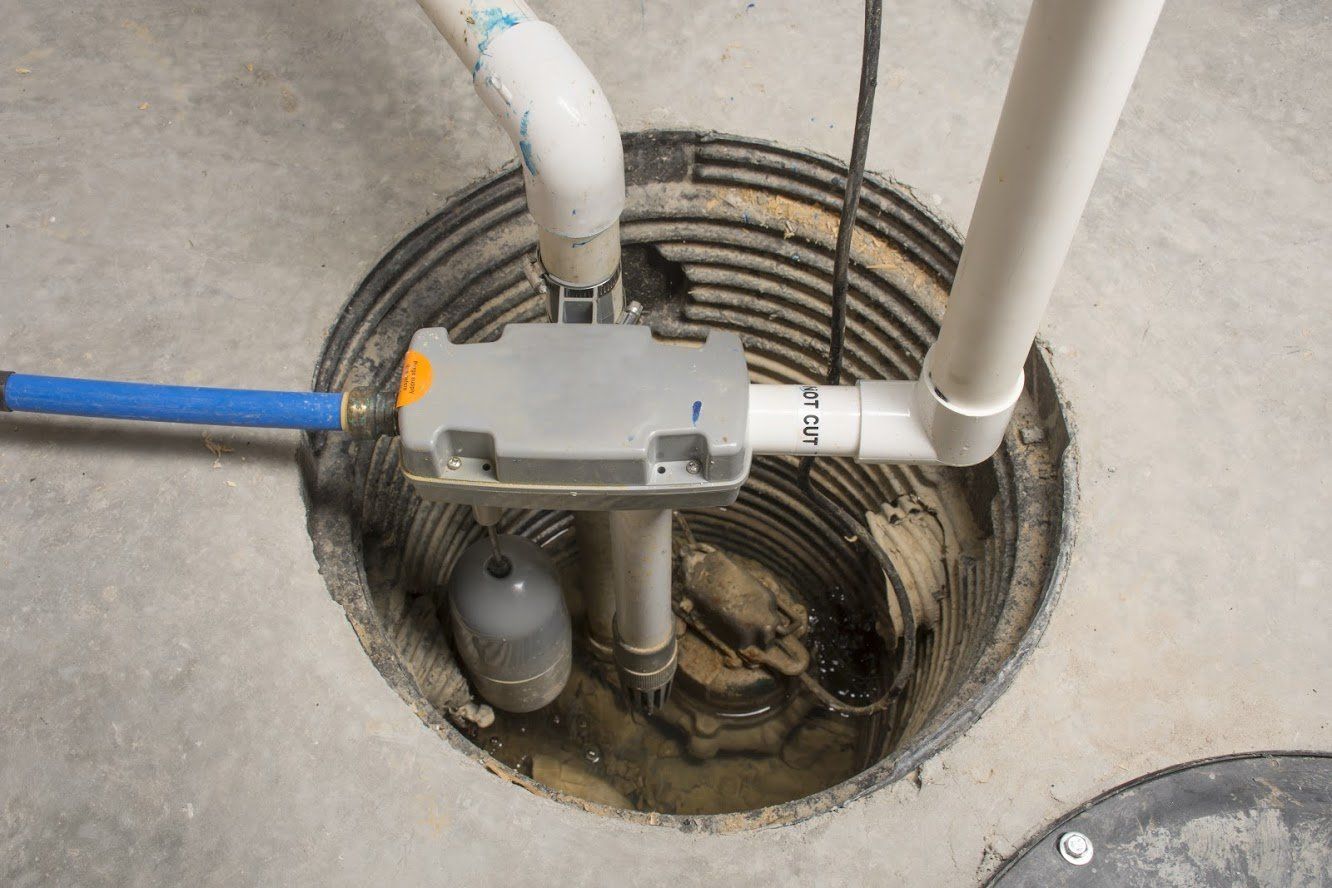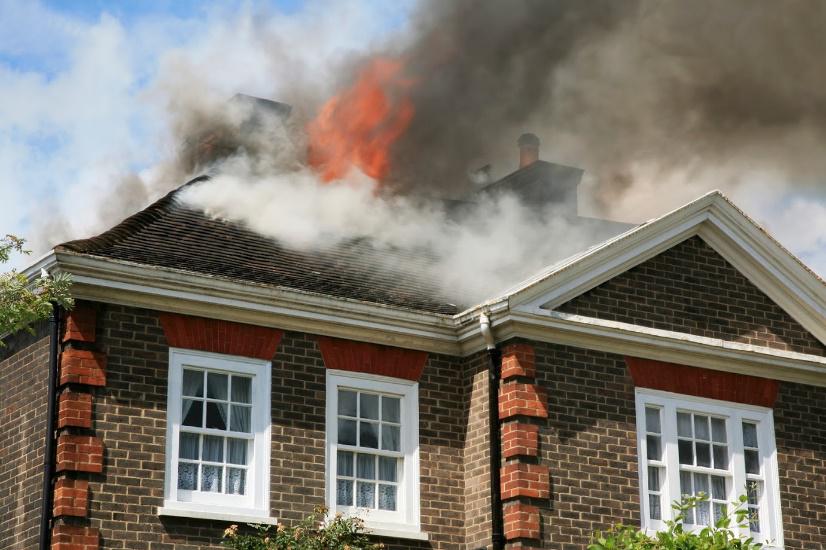Recognizing Warning Signs of Suicide

Here at Utah Disaster Restoration Services, we deal with the jobs that no one wants to deal with. Whatever your disaster, we are able to help restore your home back into a livable state.
Although floods, mold, and fire are all potentially traumatic events for a family, the most terrible job that we handle is something quite different. Our tasks cleaning up after suicide or trauma are the worst projects in our schedule. Although we appreciate being able to serve families during this most trying time, we wish we could do more to prevent the need for our services in the first place.
Every day, 112 Americans die from suicide. In fact, it’s the second leading cause of death in young adults, and unfortunately, Utah has one of the highest rates of suicide in the country. Therefore, we want to share some information today that could potentially prevent you from needing our services in the future. Here are 10 warning signs that can help you reach out to your loved ones and protect them from self-harm.
Words to Watch For:
- Talking about plans for how they would commit suicide
- Mentioning thoughts of suicide, often shielded by the impression that they’re just kidding
- Talking about being a burden to others or a waste of space
- Talking about feeling trapped or being in unbearable pain
Actions which Might Lead to More:
- Isolating themselves from friends, family, and peers
- Risk-seeking behaviors
- Giving items away or calling people up to say goodbye
- Substance abuse
- Oversleeping and/or undersleeping
- Seeking out ideas for committing suicide
- Preparing themselves with means for committing suicide (seeking out firearms, pills, weapons, etc.)
Danger Signs in Emotional State:
- Depressed and withdrawn
- Irritable and perhaps angry, even showing signs of rage
- Extreme mood swings
Risk Factors of Suicide:
- Cultural or religious background which promotes the idea that suicide is noble or admirable
- Local clusters of suicide, or knowing someone who has committed or attempted suicide
- History of suicide attempts
- Major physical or mental illness
- Extreme changes in life, including divorce, grief, losing a job, financial difficulties, health problems, etc.
- Isolation from their community
If someone you know has mentioned that they’re going to commit suicide, or is looking for ways to do so, take it seriously. Guide them towards help. Very few people commit suicide without showing some of these signs first. Professional help can help them to find positive solutions to the challenges that they’re facing. You can contact the National Suicide Prevention Lifeline 24/7 at 1.800.273.TALK (8255) .










